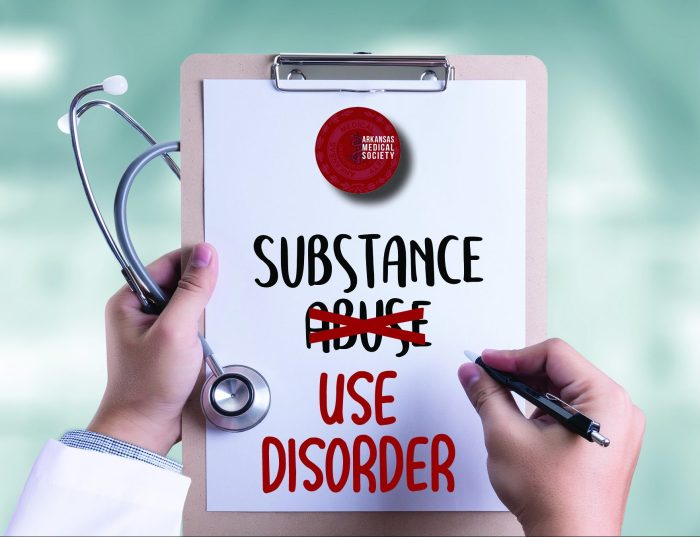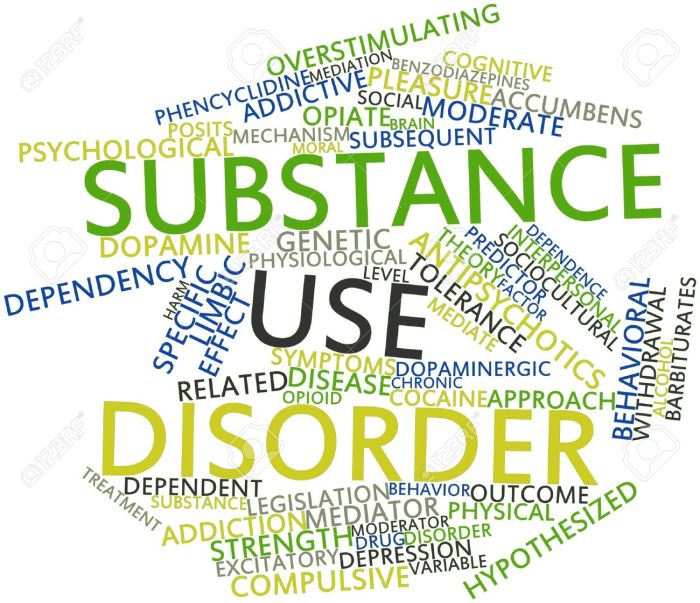What does SUD stand for in therapy? Substance Use Disorder (SUD) is a term used to describe a range of conditions related to the use of substances, including alcohol, drugs, and other psychoactive substances. SUDs can range from mild to severe, and they can have a significant impact on an individual’s physical, mental, and social well-being.
In this article, we will explore the meaning of SUD in therapy, the different types of SUDs, and the treatment options available.
SUD is a complex condition that can be caused by a variety of factors, including genetics, environment, and personal history. SUDs can develop in people of all ages, genders, and socioeconomic backgrounds. However, certain groups of people are at higher risk for developing SUDs, such as people who have a family history of addiction, people who have experienced trauma, and people who have mental health disorders.
Definition and Explanation of SUD in Therapy

Substance use disorder (SUD) is a term used in therapy to refer to a range of conditions characterized by compulsive drug or alcohol use. It encompasses a spectrum of disorders, including alcohol use disorder, drug use disorder, and other substance-related disorders.
SUDs are classified according to the specific substance being used, the severity of the disorder, and the presence of co-occurring mental health conditions.
Assessment and Diagnosis of SUD

Assessment and diagnosis of SUD involve a comprehensive evaluation of an individual’s substance use history, physical and mental health, and social functioning. Screening tools, such as the CAGE questionnaire, are used to identify individuals at risk for SUD.
Diagnostic criteria for SUD are based on the Diagnostic and Statistical Manual of Mental Disorders (DSM-5) and include:
- Compulsive drug or alcohol use
- Impaired control over substance use
- Negative consequences in various areas of life
Treatment Options for SUD
Treatment for SUD typically involves a combination of approaches, including:
- Medication-assisted treatment (MAT)
- Behavioral therapy
- Support groups
- Counseling
The effectiveness of treatment depends on various factors, including the severity of the disorder, the individual’s motivation for recovery, and the availability of support systems.
Impact of SUD on Individuals and Society
SUD can have severe consequences for individuals and society as a whole:
- Physical health problems
- Mental health issues
- Social problems
- Economic costs
- Stigma and discrimination
Prevention and Education, What does SUD stand for in therapy?

Prevention and education are crucial in reducing the incidence of SUD:
- School-based programs
- Community awareness campaigns
- Early intervention services
Education about the risks and consequences of substance use is essential for empowering individuals to make informed decisions and seek help when needed.
Closing Summary
SUD is a serious condition, but it is treatable. There are a variety of effective treatment options available, including therapy, medication, and support groups. With the right treatment, people with SUDs can recover and live healthy, productive lives.
Questions Often Asked: What Does SUD Stand For In Therapy?
What are the symptoms of SUD?
The symptoms of SUD can vary depending on the type of substance being used. However, some common symptoms include: – Cravings for the substance – Difficulty controlling the use of the substance – Increased tolerance to the substance – Withdrawal symptoms when the substance is not used – Neglecting responsibilities – Relationship problems – Financial problems – Legal problems
What are the risk factors for developing SUD?
There are a number of risk factors for developing SUD, including: – Family history of addiction – Personal history of trauma – Mental health disorders – Peer pressure – Lack of social support
What are the treatment options for SUD?
There are a variety of effective treatment options for SUD, including: – Therapy – Medication – Support groups – Inpatient treatment – Outpatient treatment